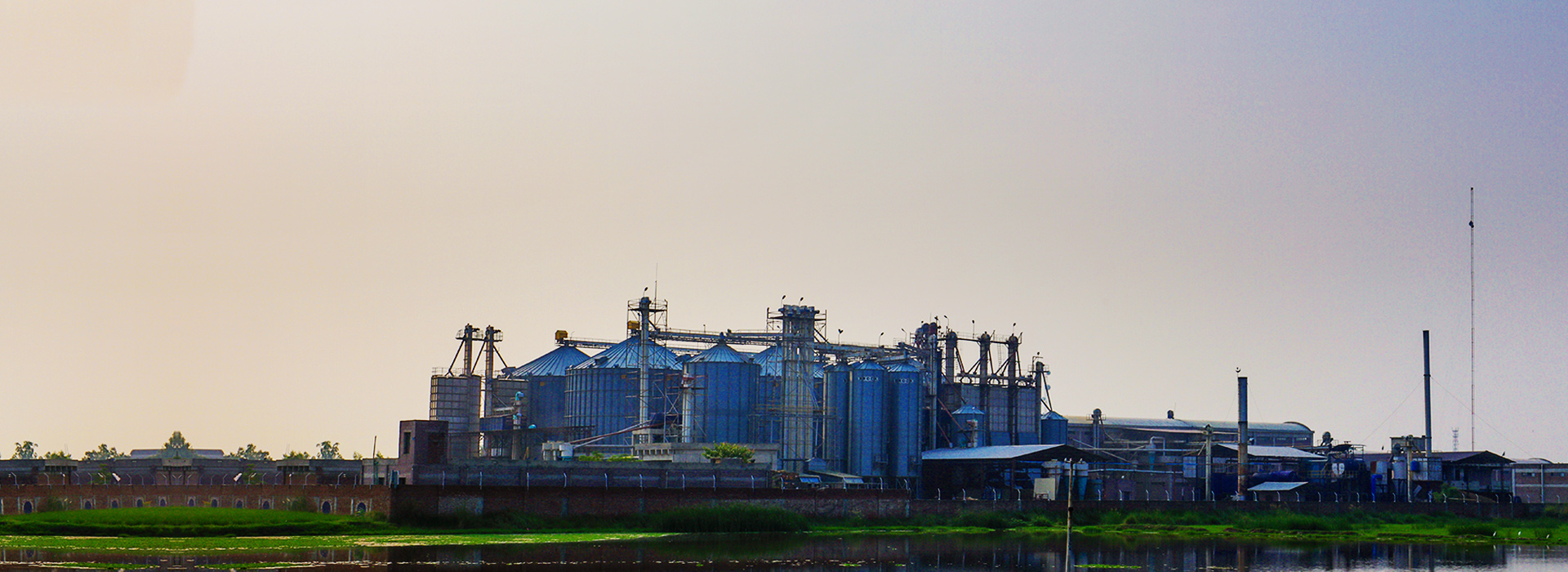
Matco Goes Green
With the ongoing global climate crisis, we aim to reduce our carbon footprint and reach our goal of using sustainable and energy efficient production. Matco Goes Green is our latest initiative, which highlights the use of renewable energy in our production methods.
The first project of installing solar panels at the Karachi rice processing facilities is complete. The project size is 413 kWp and has an annual energy generation capacity of 615,000 kWp units. Through this, 378 tons of Co2 emissions are avoided which is roughly equivalent to planting 15,376 trees.
In the next phase we are increasing the project size and installing solar panels at our Punjab facilities. The project size is 722 kWp with an annual generation capacity of 1,027,786 kWp units per year, and reduce Co2 emissions by 615 tons per year. It is expected to be completed by June 2020. This project is also equipped with net metering which will enable us to add back approximately 280,000 kWp units annually to the national grid.
Shifting to sustainable energy provides us with continuous energy at full capacity and in turn uninterrupted operations of our production lines, improving asset utilization intensity and increasing efficiency.
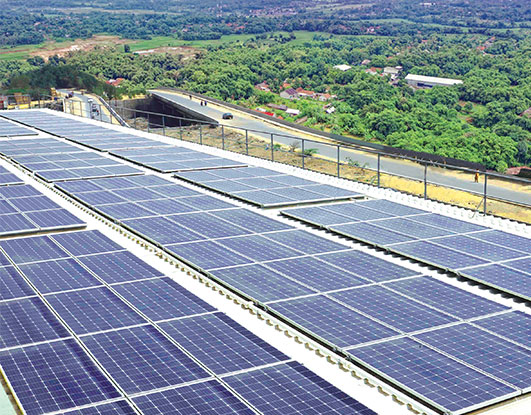
Sustainable Supply Chain
Our integrated supply chain from fields to rice mills to the production plants ensures traceability at all stages. This also ensures rigorous quality control and reinforces our promise of delivering the best to our customers. As a member of the Sustainable Rice Platform (SRP), Matco Foods Limited also ensures sustainability and efficiency at all levels of production, connecting all stakeholders, improving the livelihood of farmers and protecting and preserving the environment.
Kissan Dost Program
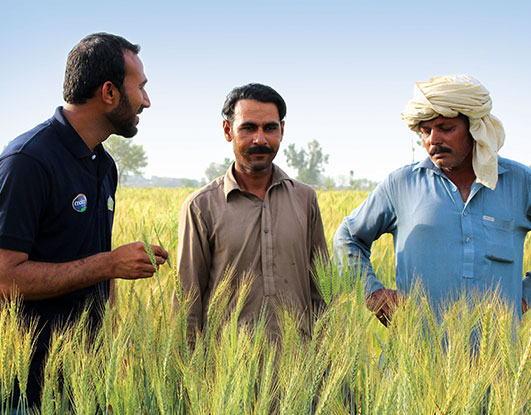
MFL started its Kissan Dost Program (Farmer’s Friend Program) in 2012 to assist farmers near its Sadhoke, Punjab processing plant. This program currently caters to over 600 farmers, providing them extensive services with the aim of improving the supply chain of basmati rice, enhancing the production capabilities of the farmers and lowering their costs. This program ensures traceability at every level from the planting of the seeds, to procurement and the processing of the final product.
The program was successful in empowering farmers’ communities to avoid exploitative middlemen and deal directly with large buyers like MFL.
After over three years of dedicated engagement, this program has achieved EU Organic Certification. This was achieved through detailed auditing at farm-level production, factory-level processing and administrative-level traceability. MFL supplies certified Organic Brown and Organic White Basmati Rice to its customers across the globe through this program..
Grassroots Farming Initiative
In June 2017 MFL and Oxfam signed an agreement to run a pilot project in 10 villages in Punjab, Pakistan. The aim was to improve social, economic and environmental conditions of rice growers and workers in the rice value chain, especially targeting women who despite forming the bulk of the farmers, reap the fewest rewards.
Phase 2 of this project has begun in 2019, and extended till 2021. MFL and Oxfam will target a total of 25 local Grower Organizations (Villagers), reaching a total of 2500 farmers. MFL has supplied free seeds & technical equipment amongst other services to this project to improve the yield and farm efficiency from the ground-up, and equip farmers with the best modern farming practices.
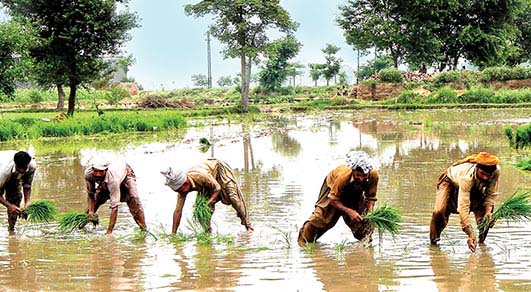
Community Service & Development
MFL’s vision is to support community service initiatives in the spheres of education and health in Pakistan. To this end, the company sponsored and formed a charitable trust by the name of Ghori Trust in October 2000, registered under the Trust Act, 1882.The Federal Board of Revenue (FBR) has registered Ghori Trust as a Non-Profit Organization.
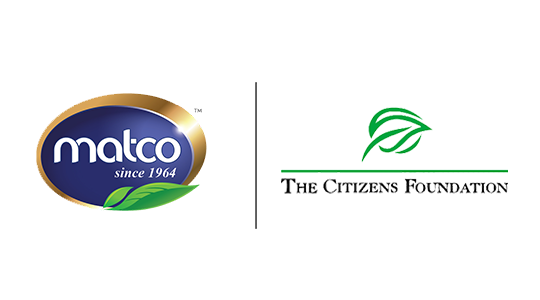
The Citizens Foundation
Ghori Trust donated funds to The Citizens Foundation (TCF) for the establishment of a school and its running costs for three years. TCF is a non-profit organization that operates over 650 schools in Pakistan, providing subsidized education to 85,000 children. Located in Taiser Town, North Karachi, TCF Ghori Campus provides quality primary education to over 200 students who are managed by a teaching staff of 6 tutors.
Matco also sponsored the TCL Ilmathon 2020, with the mission to eliminate illiteracy across Pakistan with 1,500+ schools.
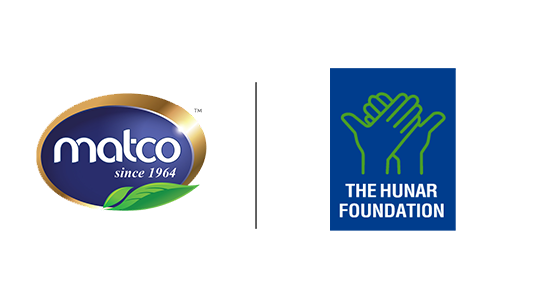
The Hunar Foundation
Donations to the The Hunar Foundation (THF) were made for opening a vocational education school to promote technical education. THF, accredited by City & Guilds (UK), aims to create a new cadre of skilled Pakistanis with internationally recognized technical qualifications that open up a world of opportunities for them. With the help of Matco, Ghori Trust initiated its first ‘Apprenticeship / Technical Training Program’ at Matco’s production facilities. The objective of this program was to provide young individuals with theoretical knowledge and practical skills of technical know-how, thereby improving their skill set and future employment opportunities.
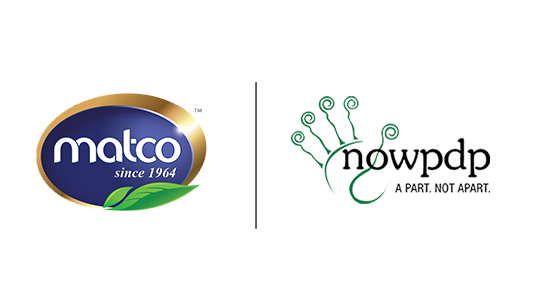
Network of Organizations Working for People with Disabilities, Pakistan (NOWPDP)
Matco has been worked with the Network of Organizations Working for People with Disabilities, Pakistan (NOWPDP) to help individuals with disabilities make the most of their valuable skills. The partnership with Matco helped generate funds for NOWPDP and increases awareness about its cause. On the purchase of every FALAK® Brown Basmati Rice jar, a portion of the proceeds from sales was contributed to NOWPDP.
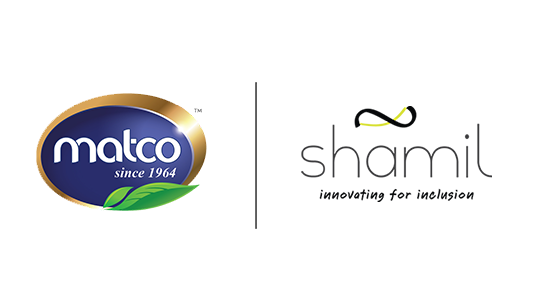
The Shamil Initiative
In 2021, Matco parented with ‘The Shamil Initiative’, a social enterprise in collaboration with NOWPDP (Network of Organizations working for Persons with Disabilities Pakistan), with the vision to alleviate the financial shortcomings of the disenfranchised community and create jobs, through the campaign ‘Khayal Rakhna’. The campaign produces recyclable fabric bags, employing person with disabilities to do so, given out as a token of appreciation to Frontline Healthcare Workers and support staff serving across different hospitals and AVCs in Karachi.
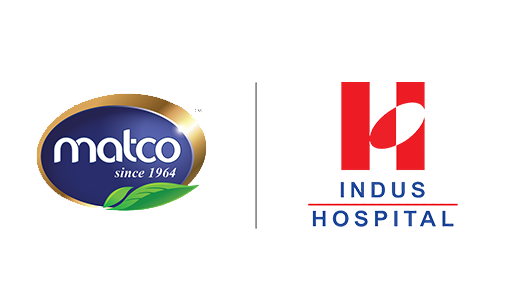
Health & Rehabilitation
Ghori Trust donated funds to Indus Hospital, located in Korangi, Karachi, for establishment of a Multi-Drug Resistant Tuberculosis (MDR TB) Out Patient Facility. Indus Hospital is a state-of-the-art facility that provides healthcare to everyone completely free of any charges.A complete Pediatric Intensive Care Unit at Abbasi Shaheed Hospital, Karachi has also been funded by Ghori trust, to provide treatment for children born with birth defects or complications.Following the Pediatric ICU, Ghori Trust donated dialysis machines and upgraded existing dialysis machines for Abbasi Shaheed Hospital in Karachi.
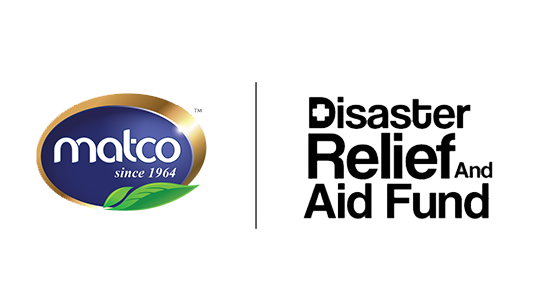
Disaster Relief Funds
Matco is a committed member of the society and strives to make constructive efforts for the welfare of the community. To that effect, Ghori Trust, in collaboration with Matco Foods Limited donated rice and rations to the earthquake victims in Kashmir of 2005, and the floods in Pakistan in 2010, 2011 and 2020. Food camps for flood affected areas in the Punjab regions of Sadhoke, Kamoke and Mureedke were also conducted.
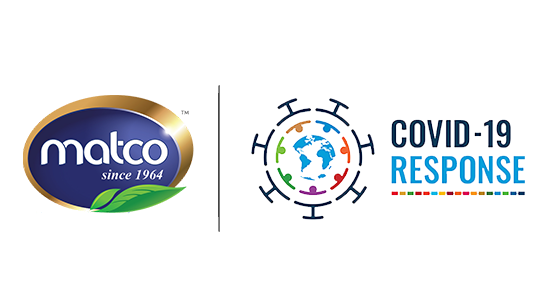
Covid-19 Response
Generous financial and aid-in-kind contributions were made for the Covid-19 Relief Fund in Pakistan by Matco and Ghori Trust. Moreover to provide financial relief to customers, prices at our Fair Price Shops were further reduced.We give thanks to all our partners that enabled us to support our nation and community during this most trying pandemic.